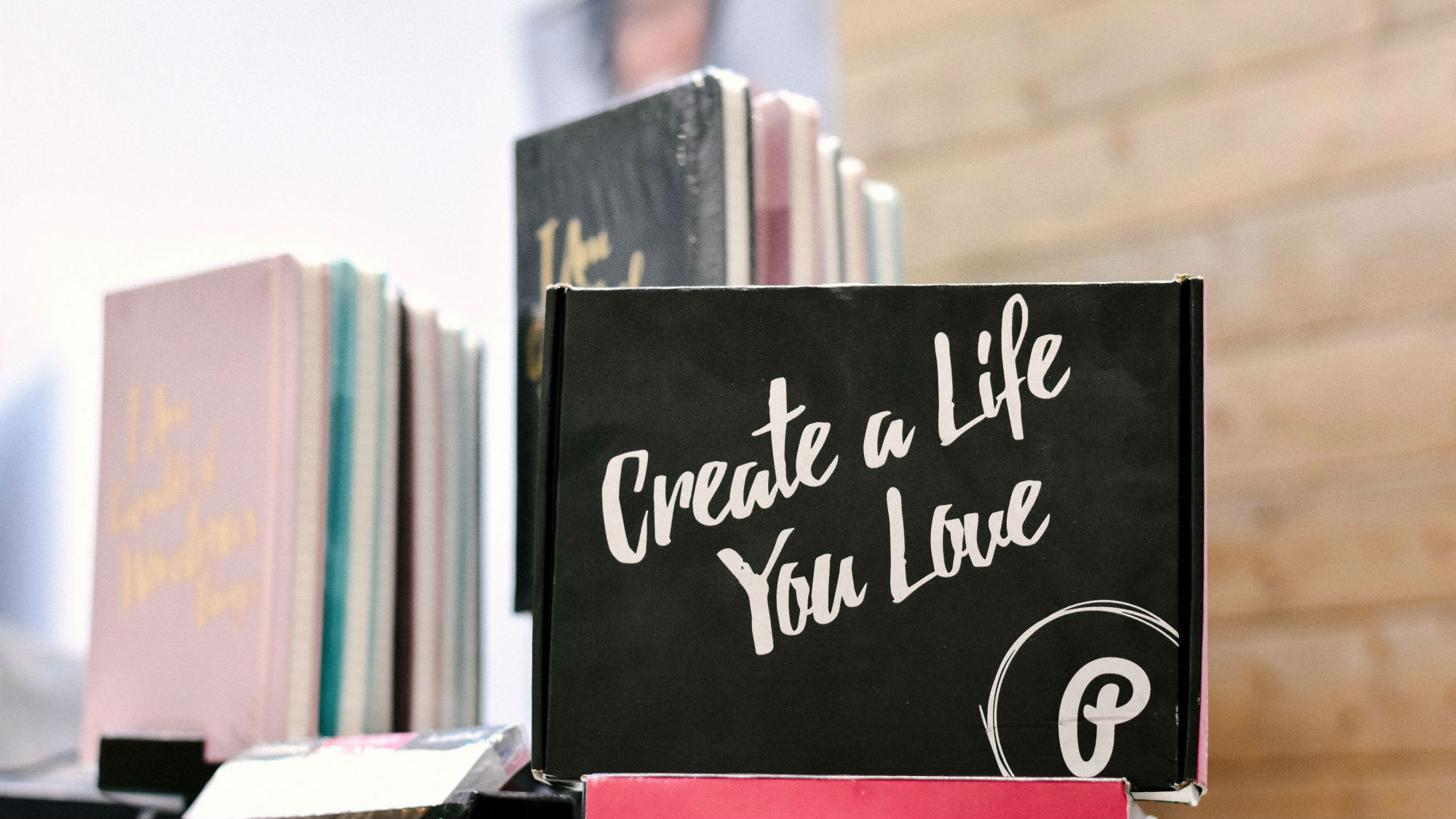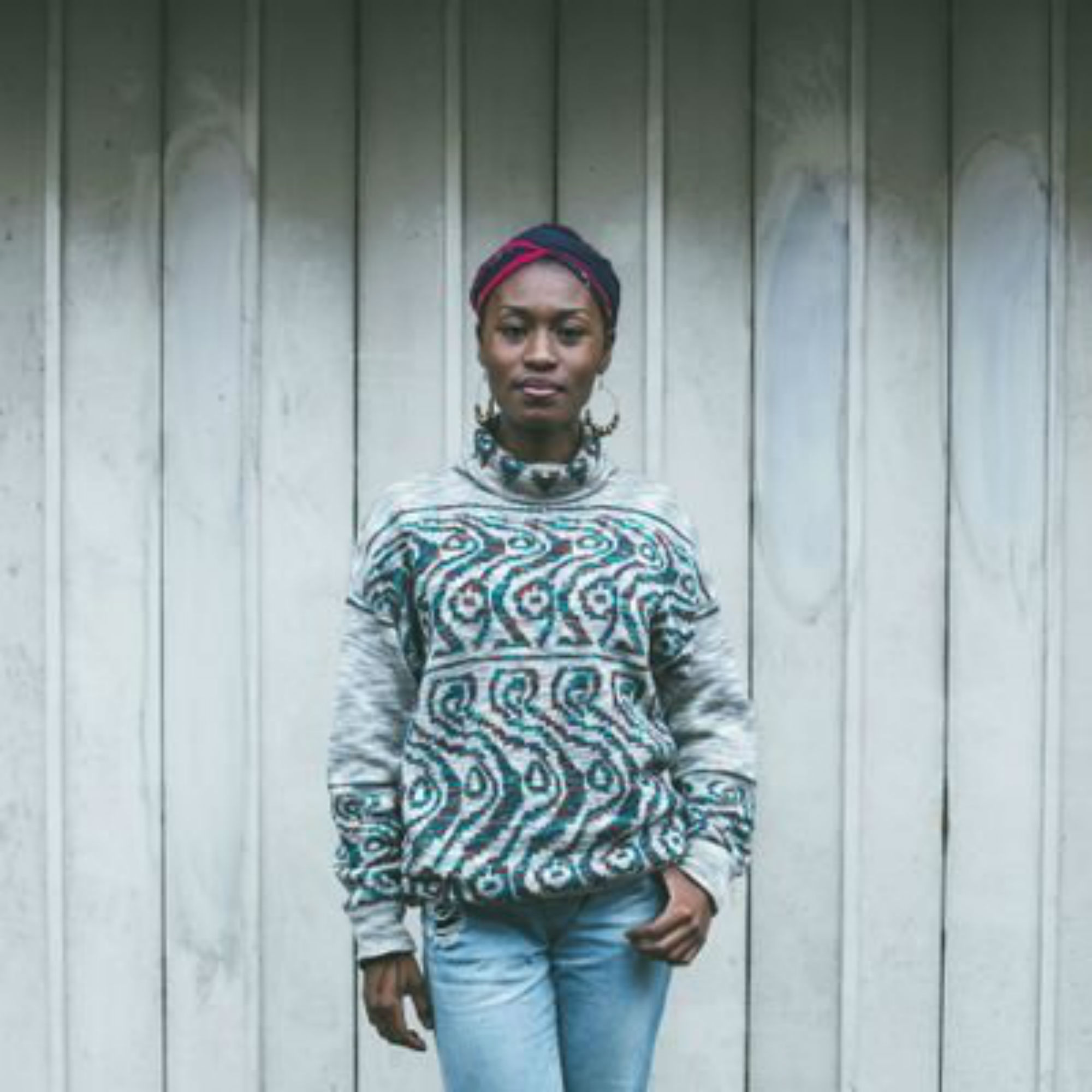What it's really like to be a 24-year-old model…And HIV positive
To mark World AIDS Day, we spoke to 24-year-old model, art student and beauty queen Horcelie Sinda, who was diagnosed as HIV Positive as a child. This is her story...

Celebrity news, beauty, fashion advice, and fascinating features, delivered straight to your inbox!
You are now subscribed
Your newsletter sign-up was successful
To mark World AIDS Day, we spoke to 24-year-old model, art student and beauty queen Horcelie Sinda, who was diagnosed as HIV Positive as a child. This is her story...
Let's be clear, the HIV/AIDS epidemic is still very real - around 38 million people are living with the virus across the globe (that’s nearly the entire population of Canada). AIDS is the number 1 killer of women under 50, and nearly 1,000 young women are infected with HIV every day.
Today, World AIDS Day is internationally raising awareness of the AIDS pandemic caused by the spread of HIV infection and mourning those who have died of the disease. Here, HIV Positive Horcelie appeals to all ages about the importance of testing...
'For the first 11 years of my life I had no idea I was HIV-positive. I had moved to London from Congo when I was nine, and three years later my mother discovered she had the infection. Then concerned about my health, she took me to see a doctor – even though I didn’t have any symptoms. I later learned the virus worked slower in me, which meant I could live for years without any symptoms or medication.

My mother wasn’t present when the doctor told me I was born with HIV. The memory is quite blurry, but I remember feeling overwhelmed about the unknown, and thinking I was going to die. I didn’t discuss the diagnosis with my mum afterwards (in African culture you don’t tend to talk about illness), and I had to keep these feelings to myself. And here starts the problem. Carrying HIV is such a taboo subject; no one has a conversation about it. Today, that is what I’m trying to change. But it’s important for me to say that I don’t blame my parents, it’s life. It happens.
For the next ten years I didn’t tell anyone I was a carrier except my best friend, who I told a year later when I was 12. Her reaction wasn’t positive or negative because like so many people, she didn’t know what HIV was. We were only children after all – but she was supportive and it never changed our relationship. She never viewed me any differently and she’s still my closest friend today. When I was 21 I decided to be honest with the world and with myself. I began telling people and not pretending my medication was for something else, and I immediately felt like a weight was lifted. Now I’m 24 and although I’m not living a lie, I’ll admit, telling people doesn’t get any easier.
As soon as I was diagnosed I was prescribed medication to treat the infection and help me live longer. Fortunately, I’ve had no side effects from taking my prescription every day, and it means my three tablet dosage has now been reduced to one daily (quantities vary for each person).
Celebrity news, beauty, fashion advice, and fascinating features, delivered straight to your inbox!
My diagnosis has definitely affected my views on having a boyfriend. Some guys see it as a disease, which it isn’t, and they don’t know how to behave. But mostly it hasn’t changed men’s attraction towards me, and vice versa. I’m currently single and going on dates, but as a Christian I don’t believe in sex before marriage, so we don’t ever need to have the conversation surrounding protection. I tell every person I date about having HIV because I want to avoid getting hurt in the long run, and I don’t want them to feel stressed about the situation. I also don’t want anyone to feel sorry for me.
AIDS is still the second biggest killer of young people worldwide (behind road accidents), because many don’t have access to treatment or don’t even know they have HIV. Raising awareness of sexual health is so important, because reducing the number of people diagnosed at a late stage of HIV infection means you can be medicated sooner and reduce the risk of getting seriously ill – plus it reduces the risk of the virus being passed on to others. Testing is nothing to be feared or embarrassed about. There is nothing embarrassing about making sure your sexual health is a priority.
I always try to remind myself that people are dealing with so many worse health challenges than me. I feel grateful that I am well enough to be fulfilling life goals, like graduating with a Fine Arts degree from Chelsea College of Arts, but there is still a huge stigma around HIV and AIDS and it will take years to move forward. For example, while being positive doesn’t bother any of my friends, people ask them why they speak to me when I’m HIV-positive, and that they should stay away. I also get asked about dating a lot: whether I can, is it safe and can I pass on the virus (disclaimer, no, you can’t if you take your medication).
I’m determined to help people on a global scale by campaigning and holding talks and workshops in the UK and Africa. In the UK we have so much access to free healthcare and support so please – take care of yourself and then you’re not just saving your own life, you’re saving somebody else’s, too.'
To get involved with raising awareness or for more information on World AIDS Day, see worldaidsday.org
Olivia – who rebranded as Liv a few years ago – is a freelance digital writer at Marie Claire UK. She recently swapped guaranteed sunshine and a tax-free salary in Dubai for London’s constant cloud and overpriced public transport. During her time in the Middle East, Olivia worked for international titles including Cosmopolitan, HELLO! and Grazia. She transitioned from celebrity weekly magazine new! in London, where she worked as the publication’s Fitness & Food editor. Unsurprisingly, she likes fitness and food, and also enjoys hoarding beauty products and recycling.